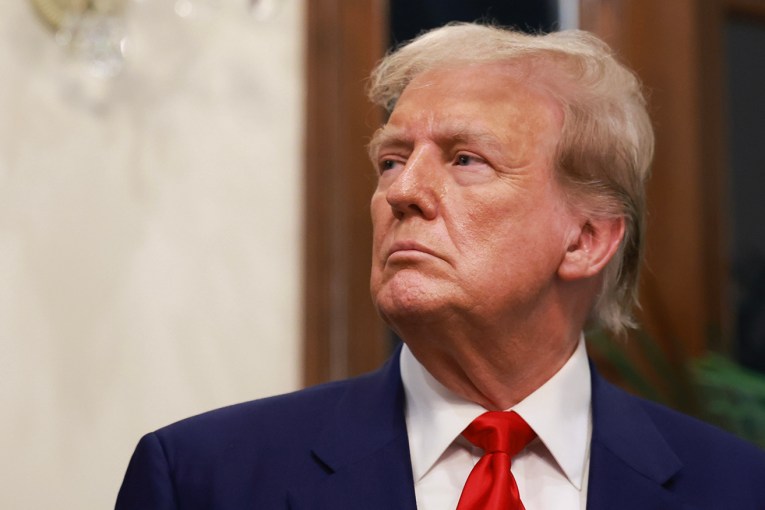Russian troops head to Crimea’s capital
· PM Abbott slam’s Russia’s Ukraine intervention
A convoy of hundreds of Russian troops has headed toward the regional capital of Ukraine’s Crimea region, a day after Russia’s forces took over the strategic Black Sea peninsula without firing a shot.
The new government in Kiev has been powerless to react. Ukraine’s parliament is meeting on Sunday in a closed session.
Russian President Vladimir Putin has defied calls from the West to pull back his troops, insisting that Russia has a right to protect its interests and the Russian-speaking population in Crimea and elsewhere in Ukraine.
There has been no sign of ethnic Russians facing attacks in Crimea, where they make up about 60 per cent of the population, or elsewhere in Ukraine. Russia maintains an important naval base on Crimea.
President Barack Obama spoke with Putin by telephone for 90 minutes on Saturday and expressed his “deep concern” about “Russia’s clear violation of Ukrainian sovereignty and territorial integrity,” the White House said.
Obama warned that Russia’s “continued violation of international law will lead to greater political and economic isolation.”
On the road from Sevastopol, the Crimean port where Russia has its naval base, to Simferopol on Sunday morning, Associated Press journalists saw 12 military trucks carrying troops, a Tiger vehicle armed with a machine gun and also two ambulances.
Ukraine’s acting president, Oleksandr Turchynov, announced late on Saturday that he had ordered Ukraine’s armed forces to be at full readiness because of the threat of “potential aggression.”
He also said he had ordered stepped-up security at nuclear power plants, airports and other strategic infrastructure.
On Crimea, however, Ukrainian troops have offered no resistance.
The new government came to power last week following months of pro-democracy protests against the now-fugitive president, Viktor Yanukovych, and his decision to turn Ukraine toward Russia, its longtime patron, instead of the European Union.
Ukraine’s population of 46 million is divided in loyalties between Russia and Europe, with much of western Ukraine advocating closer ties with the EU, while eastern and southern regions look to Russia for support. Crimea, a semi-autonomous region that Russia gave to Ukraine in the 1950s, is mainly Russian-speaking.






